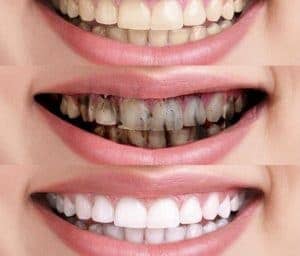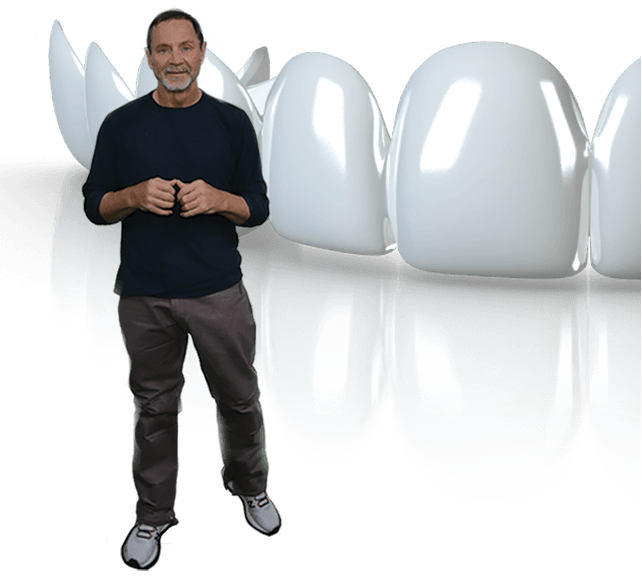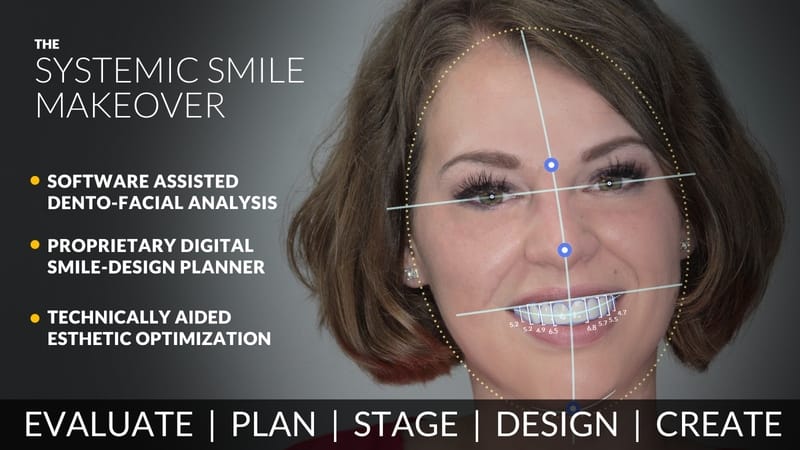Introduction
Dental Hygiene is an important part of our daily regimen. Brushing twice a day for at least two minutes can help reduce the amount of plaque buildup on teeth that can cause health issues.
While most people have a general understanding of how good oral hygiene keeps your teeth healthy, they don’t know all the consequences of bad oral hygiene. So what are the risks you take by not brushing your teeth?
Improper Dental Hygiene
Effects on the Mouth
It’s common knowledge that not brushing your teeth can give you cavities. Plaque buildup mixing with the bacteria in your mouth releases toxins that slowly eat away at tooth enamel, creating holes in the teeth that can be painful.
Bad breath is another common side effect of not brushing your teeth. Food particles being broken down by bacteria release an unpleasant odor that brushing your teeth can mitigate.
But continuing to neglect oral hygiene can lead to more serious consequences than a cavity or bad breath. Gum disease can progress quickly, and cause damage to your teeth and jaw.
Gingivitis
Gingivitis is the beginning stage of gum disease. Symptoms include inflammation and irritation of the gums. Bleeding can also occur during regular brushing or flossing. While you should still consult your dentist about better dental hygiene practices, this stage of gum disease is easily treatable and reversible by resuming a daily dental care routine.

Periodontitis
Periodontitis occurs when gingivitis is left untreated. Periodontitis pulls the gum line away from the tooth, creating a pocket that collects debris and bacteria that eat away at your teeth. As the disease spreads, it begins to breakdown the very roots holding your teeth in place. Your teeth become loose, and eventually start to fall out.
Effects on Overall Health
Poor dental hygiene doesn’t just affect your mouth, but can affect your overall health as well. It increases your risk for infections and disease by lowering your immune system.
Endocarditis
Endocarditis is a bacterial infection of the inner lining in your heart. Bleeding gums allow bacteria to enter the blood stream and attach to heart tissue, causing inflammation in heart valves and the lining of your heart muscle.
Heart Attack
Gum disease is also linked to higher rates of heart attack. Researchers aren’t entirely sure of the connection, but it’s reported that those with gum disease are 2-3 times more likely to experience a heart attack or heart issues.
Premature or Low Birth Weight
Advanced periodontitis in women has been known to cause premature birth and low birth weights in newborns. This is because bacteria and toxins created by periodontitis enter the blood stream and affect the placenta and fetal membranes.
Rheumatoid Arthritis
Studies between periodontal disease and other adverse health affects is ongoing, and recent research may connect advanced gum disease to rheumatoid arthritis. Much like Endocarditis, specific bacteria produced by periodontal disease cause inflammation in the joints. A number of participants in the study found some relief in their arthritic conditions by treating periodontal disease.
Stroke
Inflammation and bleeding in the gums changes how oxygen flows to the brain, and researchers report people with gum disease are twice as likely to suffer a stroke.
Conditions and Medication that Affect Dental Hygiene
Medication
Medications can also make it harder to control oral health. These medications slow the production of saliva, which helps break down food and washes away any toxins produced by the bacteria in your mouth. Be sure to consult your dentist while taking any of the following:

- Antidepressants
- Antihistamines
- Antipsychotics
- Decongestants
- Diuretics
- Painkillers
Health Conditions
These medical conditions can greatly affect your oral health, and people with any of the following conditions should consult their dentist or healthcare provider on dental hygiene practices.
Alzheimer’s
As this disease progresses, gum disease can become more prevalent. Making sure patients with Alzheimer’s get proper dental care can help prevent other health issues.
Diabetes
Conditions like diabetes carry higher rates of severe gum disease. People with advanced gum disease and diabetes often have trouble controlling their blood sugar. Proper dental care can help prevent gum disease, and help the body better regulate its natural sugars.
HIV/AIDS
Mucosal lesions are often found in people with HIV/AIDS. The weakening immune system also makes it harder to fight off infections and gum disease.
Osteoporosis
Research has found a correlation between osteoporosis and periodontal disease. Osteoporosis affects bone density and structure, and is often found in older, postmenopausal women. Osteoporosis can be fought off with greater attention to diet and exercise.
Healthy Habits
Cleaning Up Your Mouth and Your Diet
Keeping up with your oral hygiene is an important part of keeping ourselves healthy. How we take care of our teeth and what we eat can greatly affect the health of our teeth and bodies. Proper oral care and a healthy diet can help prevent serious health complications.
Oral Care
Dentists recommend brushing at least two times a day for two minutes to properly remove any bits of food or plaque. Using toothpaste recommended by your local dentist is always a plus!
Why you should avoid fluoridated toothpaste
Flossing helps get rid of debris in those hard to reach places between teeth, and can help prevent gum disease.
Mouthwash should be added to your daily brushing regimen if it’s not already. Mouthwash helps clear the mouth of food and plaque that came loose during brushing and flossing. It also promotes enamel protection, and can help with bad breath!
Diet
Having a healthy diet is also important for a healthy mouth! What we eat greatly affects the buildup of plaque and bacteria toxins that cause cavities and gum disease.
Avoiding foods high in sugar help prevent tooth decay, one of the most common chronic conditions facing children. You can prevent tooth decay by watching what you consume, like candy, sodas, and snacks. Here’s a list of what to include in your diet to prevent tooth decay:
- Drinking plenty of water
- Fruits
- Lean proteins, like chicken or fish
- Low fat dairy products
- Vegetables
- Whole Grains

Dieting and cutting out important nutrients can also affect oral health. Making sure you’re not cutting out necessary nutrition can help prevent serious gum disease and even slow any spread. Always consult a healthcare professional on the best ways to diet.
If you’re having trouble finding what foods are right for you, you can visit ChooseMyPlate.gov, which was created by an agency of the U.S. Department of Agriculture to give dietary recommendations for children and adults!
Healthy Teeth and Body with Supersonic Cleaning
Proper oral care is an important part of keeping not only our mouths healthy, but our bodies as well. Brushing your teeth twice a day can prevent cavities, gum disease, and reduce the risk of heart attack.
But cheap toothbrushes don’t do the trick. Dentists highly recommend investing in an electric toothbrush, and if you haven’t switched to electric yet there is still quite a bit you could missing.
Thankfully Brighter Image Lab has created the Bilistic Pro-Series Tooth Polisher, which provides you with a dentist grade cleaning every time. Ensuring your teeth are protected from plaque buildup, even in places you couldn’t reach with a regular toothbrush.
Brighter Image Lab is the only company providing dentist level dental care for at-home use, meaning you’re not paying for the luxurious lifestyle of your dentist. You’re paying for a better smile. Get the best dental hygiene with Brighter Image Lab!














